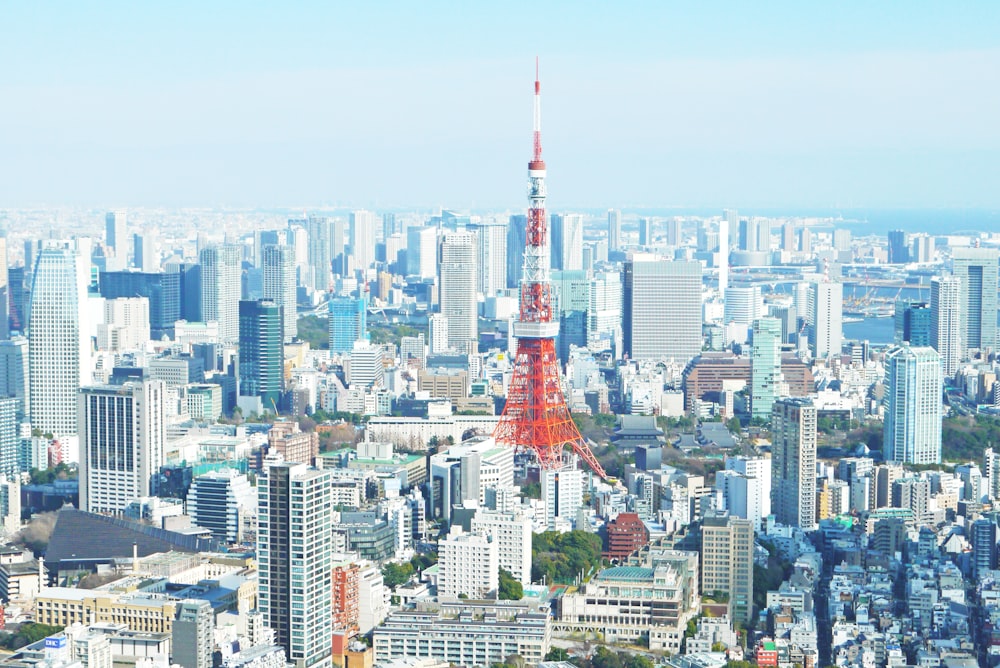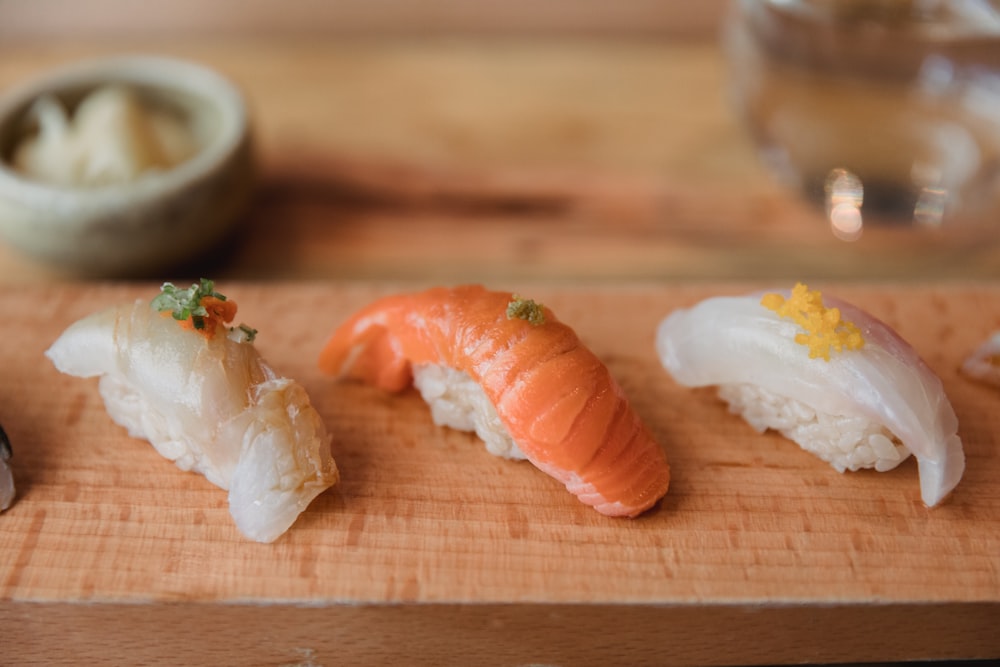Italy is 2nd ! Which country is First ! ? Average age in the world
A high average age is proof of a prosperous society.
The second highest average age in the world is Italy, which is 47.3 years old.
The third place is Martinique (French territory), 47 years old.
And it continues with Portugal’s 46.2 years old.
Which country is the highest ?
What is the reason?
If you are interested in the average age, longevity, how it works and what will happen in the future, please read on it.
No. 1 on average age!

Can you imagine ?
Japan has the highest average age in the world.
The average age is 48.4 years. (Announcement by the United Nations in 2019)
An aging society is proof that infrastructure is well-developed, economically prosperous, and well-developed.
Japan is also famous as a country of longevity, and Japan has the highest life expectancy announced by WHO in 2018.
Life expectancy in Japan is 84.2 years old, followed by Switzerland and Spain.
The lowest is Lesotho, Africa, which is 52.9 years old.
Japan has good nutrition, high medical technology, and abundant systems and services.
Therefore, it is considered to have a high life expectancy.
It seems that the average life expectancy in Japan 100 years ago was in their 30s.
The man who lived the longest in the world is Jiroemon Kimura, who is 116 years and 54 days old.
The longest-lived woman in the world is Jeanne Calment of France, who is said to be 122 years old.
Japan has the largest number of hospitals in the world with 8412 hospitals.
The United States, which is in second place, has 5534 locations.

Japan is great !
Is eating habits the secret of longevity?

Human lifespan is determined by a combination of two factors, an innate factor and an acquired factor.
Acquired factors include diet, lifestyle, and living environment, which are more important than innate factors, says Professor Derek Box, a professor of molecular cell biology at Harvard University.
First of all, it seems that good cell metabolism is one of the factors of longevity.
It is necessary to replace the cells so that they will puncture and become unusable unless they are replaced for a long time like car tires.
And, among them, protein metabolism is the most important.
Among the acquired elements, Japanese food is especially attracting attention.
The Japanese eat fish, which contain not only protein and calcium, but also omega-3 fats.
This omega-3 fat is essential for maintaining normal metabolism and has the effect of breaking down bad cholesterol and purifying blood.
In particular, sardines, mackerel, salmon and tuna are rich in omega-3 fats.
The World Health Organization (WHO) recommends eating fish regularly to prevent angina and myocardial infarction.

I love Sushi !
Soybeans are hard to eat as they are, so they are not consumed much for food outside of Japan.
In Japan, it is consumed in various forms such as miso, soy sauce, tofu, and natto.
No other country seems to eat soybeans as much as Japan!
Soybeans contain high quality protein.
Seaweed also contains minerals such as proteins, amino acids, and iodine, and is a very healthy food.
It is said that fucoidan contained in seaweed is effective for antioxidant, anti-cancer, anti-hyperglycemia and anti-inflammatory.
Japan is one of the countries in the world that is enthusiastic about dietary education, and the school lunch menu has a good nutritional balance and is well-educated so that Japanese can have a healthy diet.

Japanese people are also very conscious of food and health !
Aging? Is it Fine?

The National Institute of Population and Social Security Research has announced that Japan’s population will reduce to 42.86 million in 2110.
It is said that it will be reduced to about one-third in 100 years.
Japan’s population peaked at 127.79 million in 2004 and has entered an era of decline.
In Japan, more than one in four people are elderly now.
More than half of the women are over 50 years old.
In book “Future Chronology”, it is also written that one in three houses will be vacant in 2033, and half of the local governments will disappear in 2040.
What will happen to Japan’s future?
In fact, Europe seems to have already had the same experience.
Sweden, known as a welfare powerhouse, took measures against population decline in the 1930s.
Economist Gunnar Myrdal was awarded the 1974 Nobel Prize in Economics.
Mr. Myrdal is the person who insisted on what we now call “child-rearing support measures.”
Just as the support for the elderly has been changed from domestic allowances to the structure of society as a whole through public pensions, it is necessary to shift from the burden of each family to the system of society as a whole for childbirth and child-rearing. Insisted.
In Sweden, which faces a declining population in the 1930s, Mr. Myrdal advocated population policy and had a great influence on the actual policy.

In Sweden, it seems that there is no tuition fee all levels of education including university !
In addition, Professor Hiroshi Yoshikawa of the University of Tokyo says in book “population and the Japanese economy” does not mean that population decline directly means that Japan has no future.
Economic growth in developed countries is basically the result of innovation, not the labor force!

Are population policy and innovation the keys to aging measures ?
Conclude

How do you feel about this ?
The medical system and food in Japan are amazing!
Certainly, the memory that even the nutrients were mentioned in the lunch menu was revived.
Japanese people seem to have a high awareness of food!
I think that is the background of the average age in the world.
I feel that the key is to continue to support and innovate in an aging society and children.
Let’s learn Japanese related to Age.
| English | Japanese | Hiragana | How to read |
| Age | 年齢 | ねんれい | Nenrei |
| Longevity | 寿命 | じゅみょう | Zyumyou |
| Health | 健康 | けんこう | Kenkou |
| eating habits | 食習慣 | しょくしゅうかん | Syokusyuukan |
| Average | 平均 | へいきん | Heikin |
| Fish | 魚 | さかな | Sakana |
| Soy beans | 大豆 | だいず | Daizu |
| Seaweed | 海藻 | かいそう | Kaisou |

Thank you !




Comments